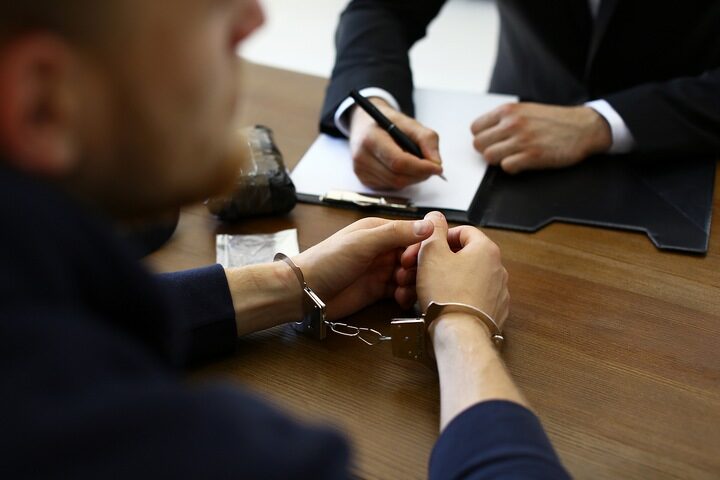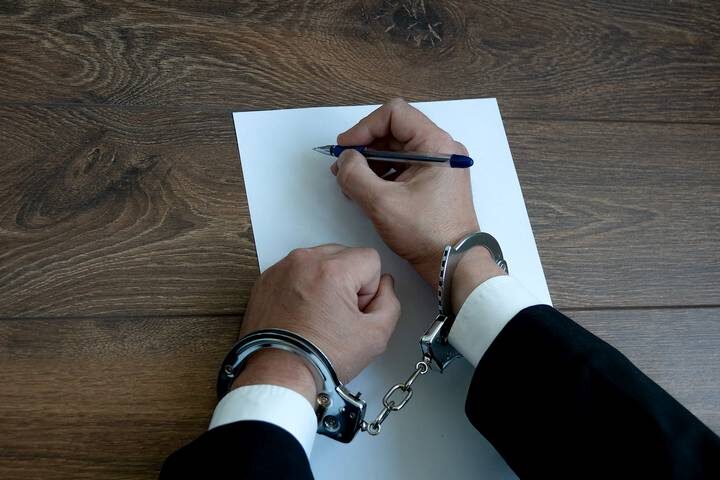How to Beat a Simple Assault Charge

Nobody wants to have a criminal charge levied against them. Sometimes, you get into a scuffle, and it escalates before you know it, and then you get charged with assault. What can you do?
A simple assault charge is the most basic type of assault and the most common. That doesn’t mean that it is easier to disprove, though. Are you looking at how to beat a simple assault charge? Let’s learn more about how simple assault charges work.
Penalty for assault

The penalty for a simple assault charge can range from a slap on the wrist to up to five years in prison. This depends on whether it is a summary charge or an indictable offence and any extent of injuries. The penalties will increase if the assault causes bodily harm or is aggravated.
To avoid such penalties, you need to fight the charges with the help of a qualified defence lawyer. You can beat the assault charges using these different defences:
- Consent
- Self-Defence
- Reasonable Doubt
- Lack of Intent
Assault Lawyer

The court system can be difficult to navigate, especially when you are the accused. An assault charge is serious, and to successfully beat it, it’s wise to get an expert council. Look for a criminal lawyer that is well versed in defending assault charges and has a great record of success. Follow their guidance as they work to get all charges against you dropped.
Getting a simple assault charge dropped can be difficult but not impossible. Follow these guidelines and work with a qualified lawyer to successfully defend your position. Understanding how an assault charge works and how to fight it is vital to keep you from paying a fine, getting a criminal record and potentially going to jail.
Assault and consent

A charge of assault comes down to force applied without consent. If you get into an argument and both parties agree to fight, there is no assault. This can be proven with the help of eyewitnesses and statements given by both parties. Consent is not usually recognized as a valid defence if there is bodily harm.
Assault and intent

Lack of intent is a good argument for defending an assault charge. If you can prove that your actions resulted from an accident, you may get the charges dropped.
This would be in the case of throwing an object and accidentally hitting another person or moving in a manner that accidentally hits someone, or a reflexive action that unintentionally hurts another person. It is up to the Crown to prove that your act was intentional.
Assault and Self-Defence

Everyone has a right to defend themselves in Canada. If you are under attack or the threat of attack, it is reasonable to protect yourself or someone else. An example is if you are getting attacked, you can fight back in self-defence.
Even if you end up harming the other person, it was unintentional and the result of protecting yourself. The same holds for coming to the aid of another person. If you prove that you acted in self-defence, you can get your charges dropped.
Assault and Reasonable Doubt

Not all charges of simple assault are valid, and it is up to the Crown to prove it. This is not simply providing some evidence that force was applied to another person, but rather they have the burden of showing proof beyond a reasonable doubt.
Simple assault often scuffles that turn into fist fights tend to escalate equally with both parties. It is often hard to prove that the application of force was not consensual, and if there is reasonable doubt, you can beat the charges.
Peace Bond

For some criminal charges like assault, you can sign a peace bond with the court to have the charges dropped. This means that you are keeping a promise to the court that you will keep the peace for a determined period, and you will observe any other conditions given. A peace bond is typically 12 months, and in that time, you cannot be charged with another criminal offence. This is not an admission of guilt.
Some of the conditions of entering a peace bond may include:
- Maintaining good behaviour
- Reporting to a probation officer
- Attending a counselling or treatment program
- No direct or indirect contact with the complainant
- A prohibition from guns, alcohol or drugs
- Prohibited from attending certain locations
The peace bond may also require a cash deposit or a no-cash deposit. If you breach the bond, you will forfeit the money or have to pay, and you may also be subject to a criminal charge.
This may be the best solution for you as it results in charges being withdrawn and no criminal conviction on your record for the offence.
